by Chris Brewer
Sherman was reputed to make the comment “war is hell.” The actual quote below by Sherman was in a speech to West Point cadets after the Civil War was over:
“I’ve been where you are now and I know just how you feel. It’s entirely natural that there should beat in the breast of every one of you a hope and desire that some day you can use the skill you have acquired here.
Suppress it! You don’t know the horrible aspects of war. I’ve been through two wars and I know. I’ve seen cities and homes in ashes. I’ve seen thousands of men lying on the ground, their dead faces looking up at the skies. I tell you, war is Hell!”
Sherman knew that better than anyone. He has been described as a tyrant, and bloodthirsty. But he hated war. He hated it so much that he would do whatever it took to end it, as quickly as possible. For there is no such thing as a limited, controlled application of force if you are the one receiving that force applied to you, your family and home. You have to make war not worth starting and something to be avoided or halted as soon as possible once it begins.
This is something our leaders have forgotten, which explains a lot of why we have wars that drag on for decades.
You can point to any number of modern examples, but three in particular highlight the problem.
First, consider the revolution in Syria and John Kerry’s insistence that “there is no military solution to this problem. The only solution is a political one.” Bear in mind that there was a UN resolution in 2012 that there was no role for Bashar in Syria and there must be a diplomatic solution to who would govern there.
We have conducted military operations there since 2014, and we are still there. So is Bashar. We tried to apply limited military action, combined with diplomatic negotiations to achieve our desired effect. It didn’t work. Russia supported Bashar and a decade later we still have people dying and a stalemate with U.S. troops on the ground walking a very narrow lane with limited ability to accomplish anything other maintain a presence.
In Afghanistan we sent in a small number of troops, supported by U.S. air power, followed by a large conventional force to drive back the Taliban and destroy Al Qaeda. And it worked Al Qaeda was destroyed, and their remnants fled to Pakistan along with many of the Taliban forces. The Taliban asked for a peace settlement and Karzai negotiated a joint government.
We could have captured Bin Laden at the Parrots Beak but our military was told not to enter Pakistan to seal off his escape route. The diplomats interceded and decided there was no role for the Taliban in Afghanistan, and Afghanistan would be rebuilt in the image of the U.S. and western governments.
Two decades later we had made significant progress and most of the fighting was being done by the Afghan government, but we were tired of war and made a political decision to just leave, pulling the rug out from under the Afghans at a critical moment.
An argument can be made that we never could have won that war. However, even taking that position, the smart move would have been to enter Pakistan to cut off bin Laden no matter what Pakistan said, let Karzai make a deal with the Taliban and leave. Much as we did in Panama.
Or the U.S. could have pressured Pakistan to cut off the Taliban in the tribal areas, support them when they did, and continue to support the Afghan military while they built up their capability. While doing so, keeping a footprint for logistics and intelligence at Bagram air base, with a limited but capable military force to hold back full scale invasion. Do this for another twenty years–as we did in Germany and Japan after WWIII.
But we didn’t. Again, politics took precedence over military reality. And twenty years of effort was wasted.
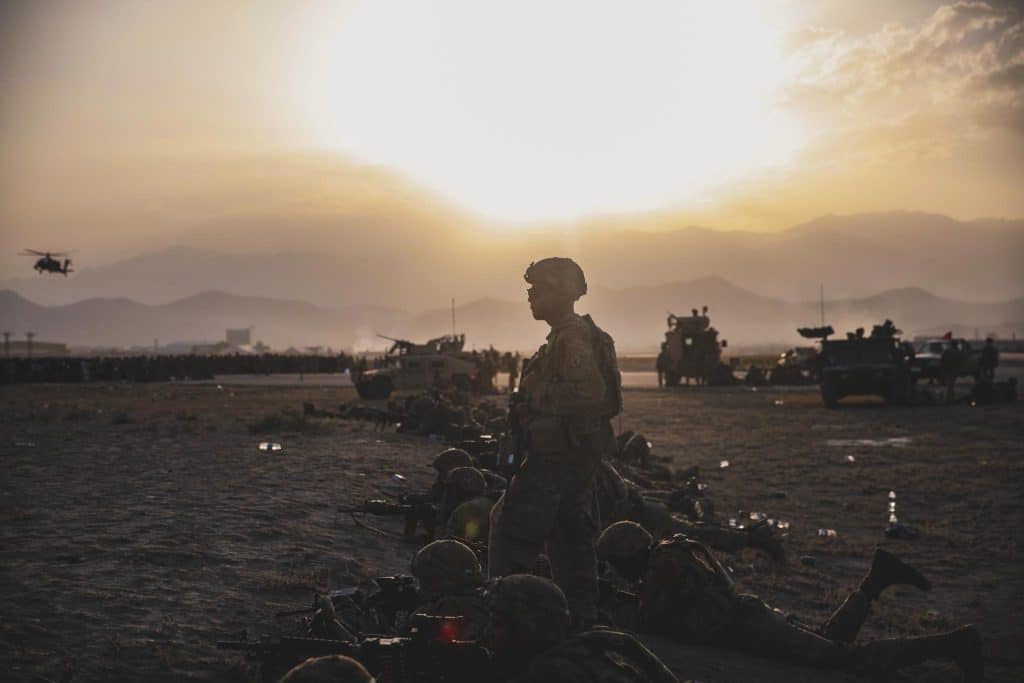
Now we face another politically led war in the Ukraine. First we did nothing for fear of angering Russia, fully expecting Ukraine to fall in two weeks. But they didn’t.
Then we provided non-lethal aid as a humanitarian measure, but no weapons or ammunition. We must not anger a nation armed with nuclear weapons, no way we want a war with Russia.
But Ukraine still didn’t fall. They publicly begged for help, not our soldiers, just enough guns and bullets to defend their own nation. They rightly pointed to the Budapest memorandum, negotiated by Clinton with Russia, Ukraine and the U.S.–where Ukraine agreed to surrender their nuclear weapons in exchange for security guarantees.
Slowly, grudgingly, we allowed weapons and ammunition to dribble in. But no long-range missile systems. After all, we can’t anger Russia. But war continued. Then no tanks, we don’t want a nuclear confrontation with Russia. And all the while Russia is continuously threatening the use of nuclear weapons if we don’t stay out of the fight.
Now we are sending tanks, Patriots, and F16s. Hundreds of thousands have died on both sides. Ukraine will never agree to succumb to Russia (let’s not forget that it was the U.S. who supported the Orange revolution that over threw the Russian puppet government to begin with) and there are combat units attacking Russian border towns inside Russia and drones attacking Moscow.
What our political leaders do not understand is there is no political solution to war if both sides believe they can win. War only ends when one side is convinced that continuing to fight is useless and the alternative to surrender or negotiation is annihilation or at least worse than what negotiations may bring. Only then can diplomatic measures have an effect.
The fastest route to peace when a belligerent wants to take what they want by military force is making it clear that we will respond with overwhelming force to stop them. And we won’t stop until they back off. If your opponent doesn’t believe you will do that, they will move forward and people will die.
It is long past the time for naive belief that all the worlds problems can be solved through diplomacy. Diplomacy only works when there is a credible threat of force. Absent that, it’s all just talk.
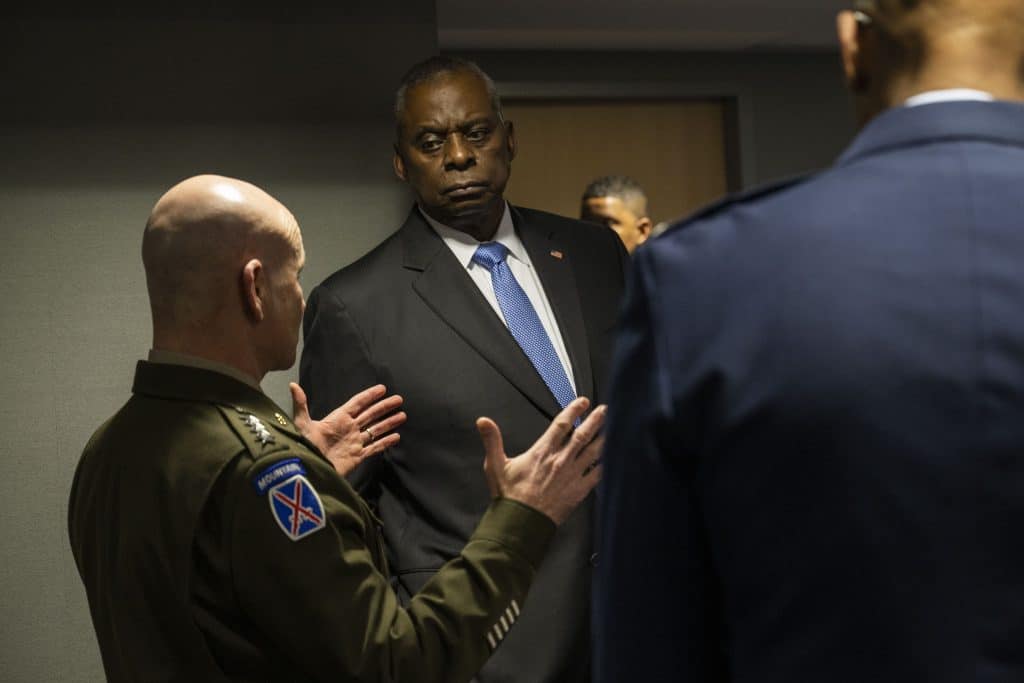
It may work when both sides are so fearful of violence that neither one would contemplates an attack. But only so long as both sides remain that way, and no one gets frustrated with talking and decides to pick up a rock. History shows that is the end state, even among generally peaceful nations, more often than not.
I am not an advocate of war or violence. I’ve seen the results of both and want no part of it. But I’m not a fool either. The world is full of violent people who take what they want by force. The only way to be safe is be the one person or nation no one wants to fight.
Right now the U.S. government is saying that’s Russia and China. And they believe it. It’s long past time we stand up and let everyone know we don’t want a fight, but we are not going to sit back and watch while Russia and China move in and take what they want.
We need a good dose of Sherman. Not what you might expect to hear from a boy from Alabama living in Atlanta, but I don’t want to see Atlanta burn again. This time I want Sherman on my side.
In conclusion let me leave you with this quote from Sherman as the Civil War was starting.

“You people of the South don’t know what you are doing. This country will be drenched in blood, and God only knows how it will end. It is all folly, madness, a crime against civilization! You people speak so lightly of war; you don’t know what you’re talking about.
War is a terrible thing! You mistake, too, the people of the North. They are a peaceable people but an earnest people, and they will fight, too. They are not going to let this country be destroyed without a mighty effort to save it … Besides, where are your men and appliances of war to contend against them? The North can make a steam engine, locomotive, or railway car; hardly a yard of cloth or pair of shoes can you make. You are rushing into war with one of the most powerful, ingeniously mechanical, and determined people on Earth — right at your doors.
You are bound to fail. Only in your spirit and determination are you prepared for war. In all else you are totally unprepared, with a bad cause to start with. At first you will make headway, but as your limited resources begin to fail, shut out from the markets of Europe as you will be, your cause will begin to wane. If your people will but stop and think, they must see in the end that you will surely fail.”
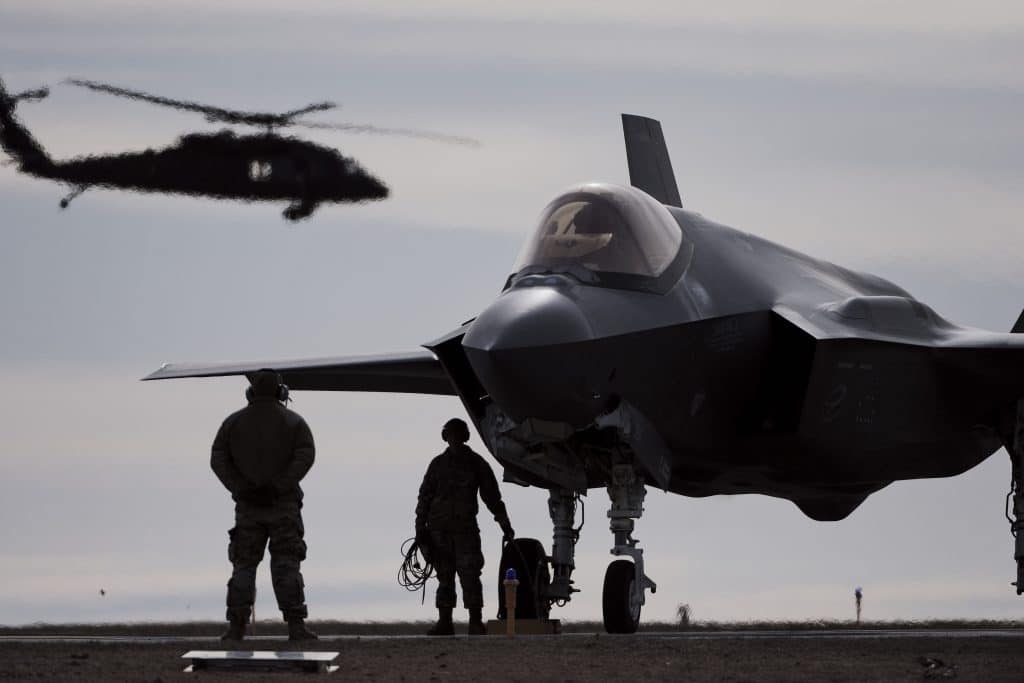
(U.S. Air National Guard photo by Master Sgt. Ryan Campbell)
______________________________
Chris is a retired Special Forces officer with service in the 20th, 10th, 7th and 1st Special Forces Groups. He is a plank holder as a PFC in the 1st Ranger Battalion reactivation in 1974, served in the 509th ABCT when they were in Italy and was a SFC in the Ranger Department as an instructor at Camp Darby.
He has led two ODAs and commanded C Co 1/1st SFG(A) in Okinawa twice. He led classified missions in Colombia, Panama and the Philippines in the 80s and 90s and has led security contracts after retirement from the military for more than twenty years in Afghanistan, Africa and the Middle East.
As the Voice of the Veteran Community, The Havok Journal seeks to publish a variety of perspectives on a number of sensitive subjects. Unless specifically noted otherwise, nothing we publish is an official point of view of The Havok Journal or any part of the U.S. government.
Buy Me A Coffee
The Havok Journal seeks to serve as a voice of the Veteran and First Responder communities through a focus on current affairs and articles of interest to the public in general, and the veteran community in particular. We strive to offer timely, current, and informative content, with the occasional piece focused on entertainment. We are continually expanding and striving to improve the readers’ experience.
© 2024 The Havok Journal
The Havok Journal welcomes re-posting of our original content as long as it is done in compliance with our Terms of Use.

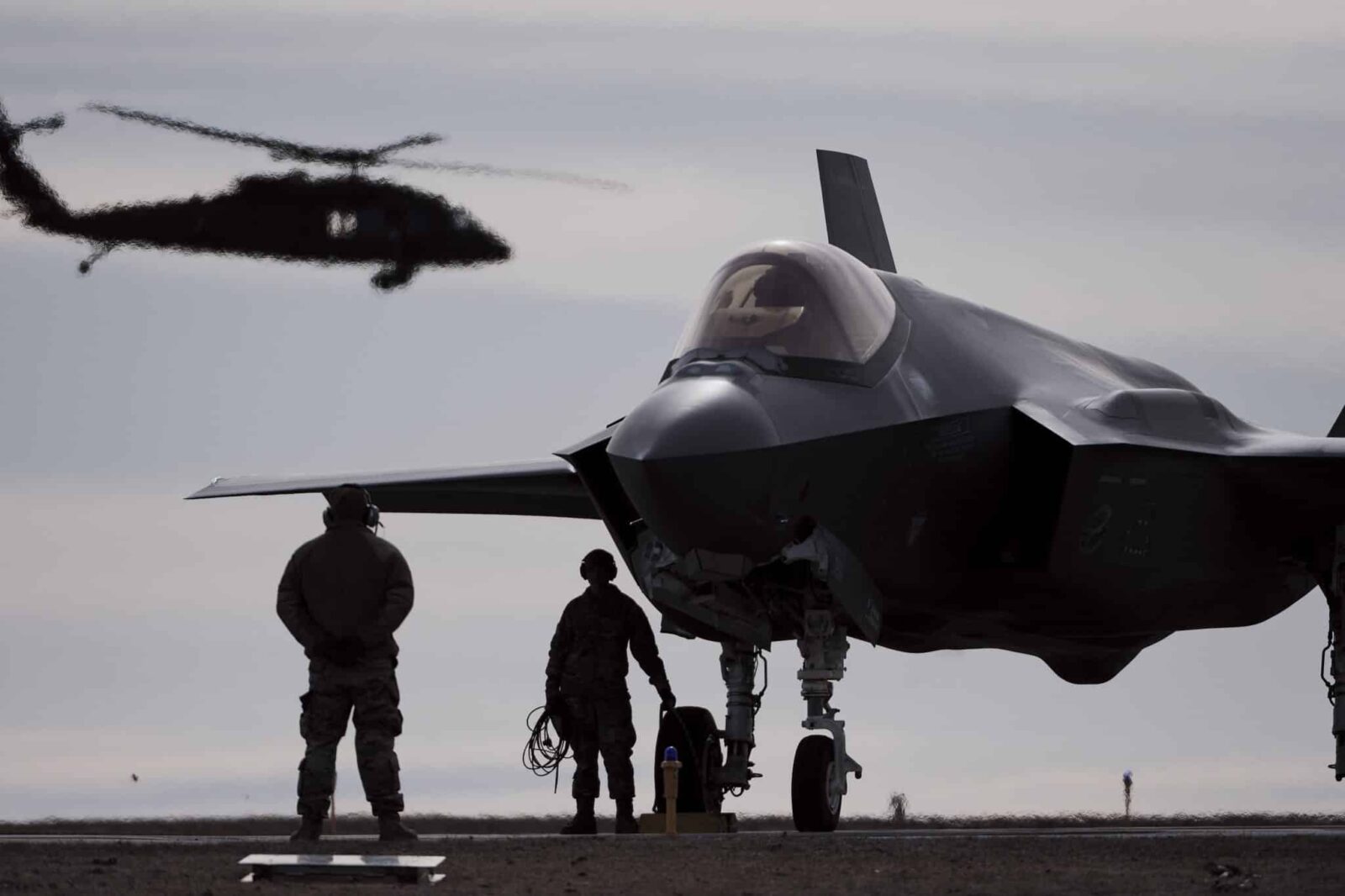
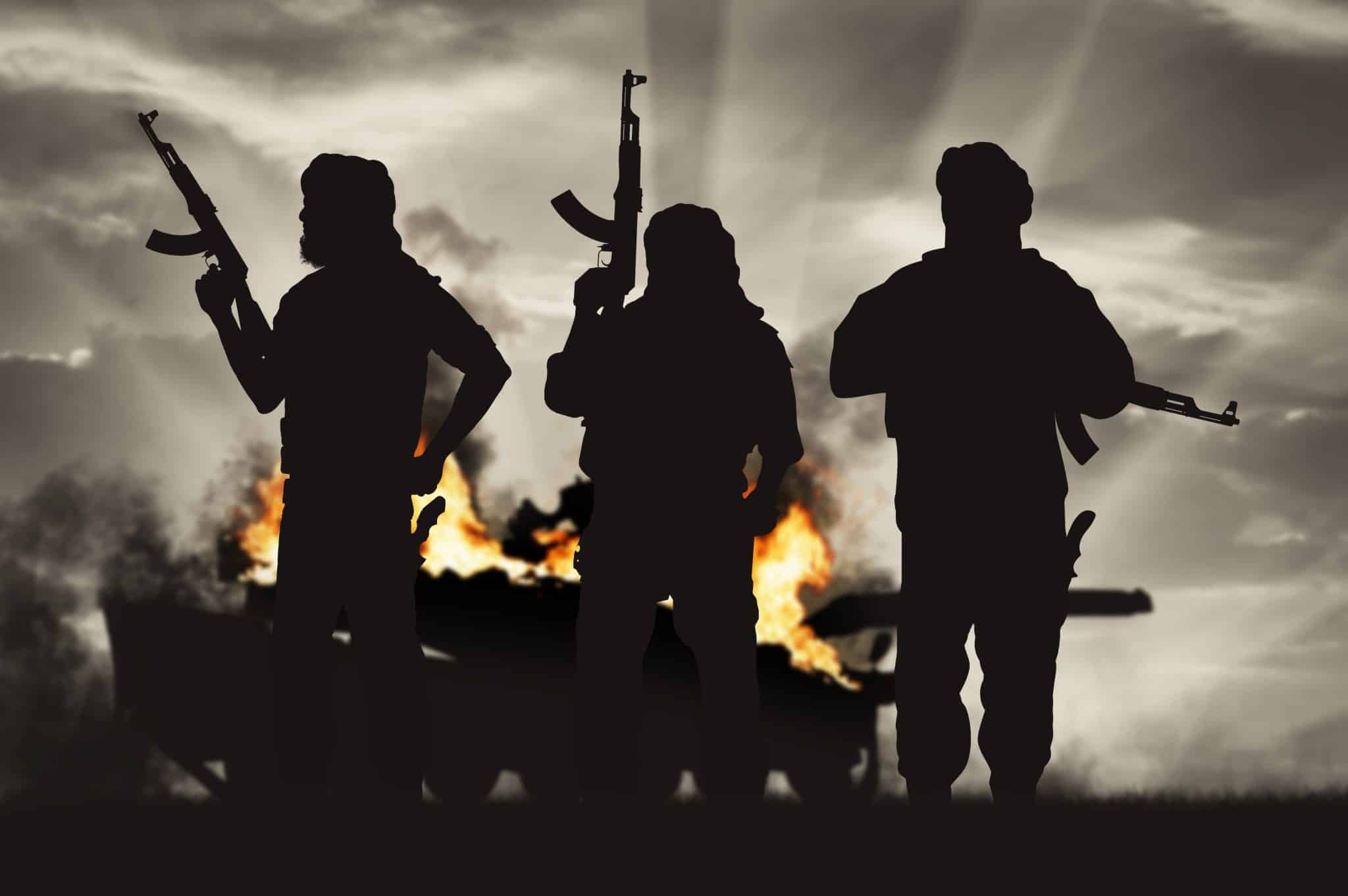


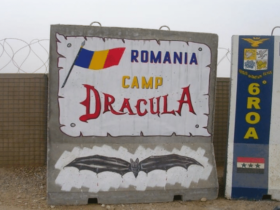



Leave a Reply